
Atari Metcalf: married to the medicine
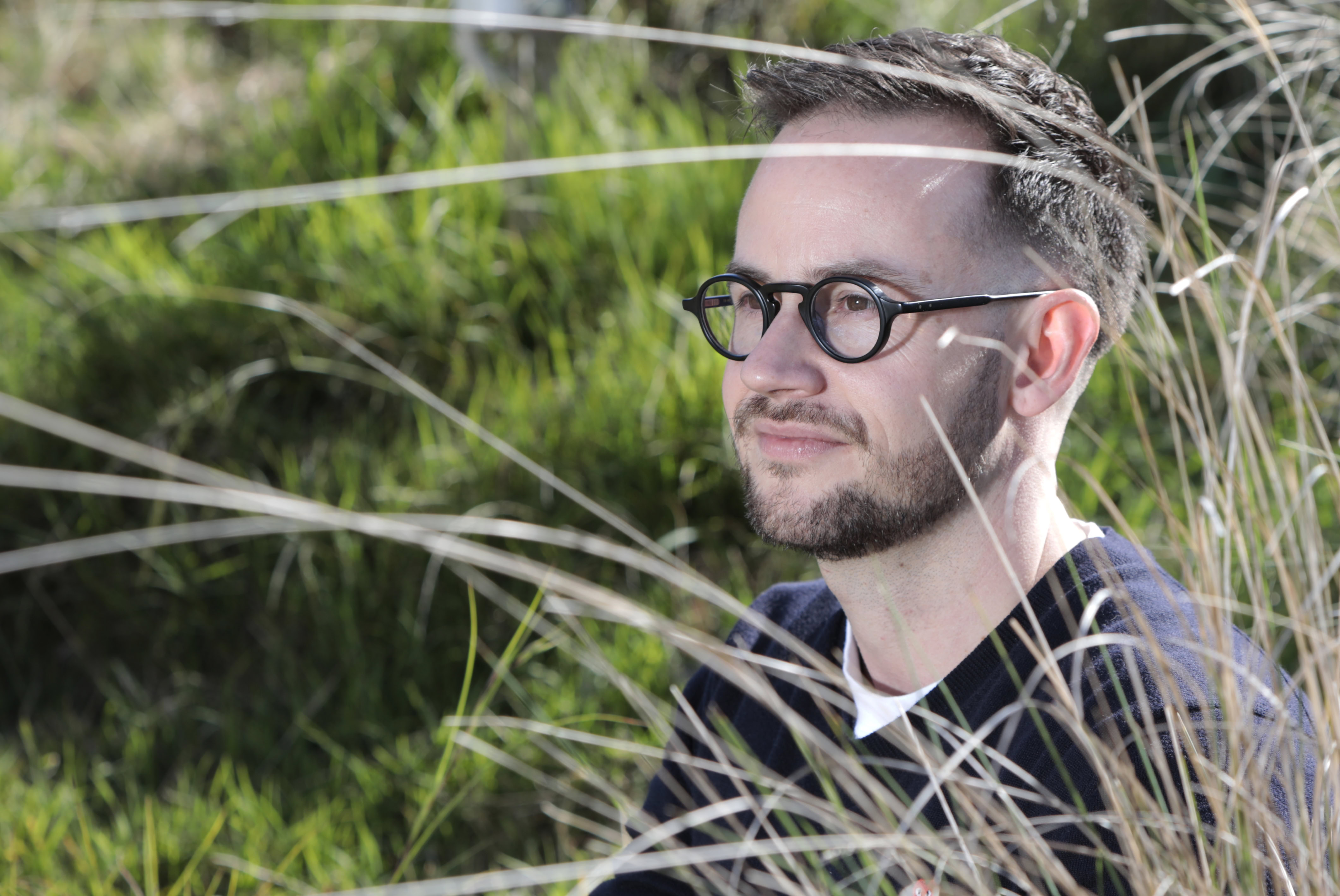
Atari Metcalf is about to begin work as a junior doctor in a hospital after completing a medical degree. He tells the Star Observer about his experience of being transmasculine in the medical field.
As told to Katherine Wolfgramme.
I grew up in one of the rougher suburbs of Perth, Western Australia but have called Sydney home for the last thirteen years. Well, twelve actually, as I’ve spent this past year living in a regional Victorian town completing a rural hospital placement for my studies.
I always find the question of when I “transitioned” hard to answer, as it can be defined in so many different ways. I was eighteen when I first began affirming my gender more openly by changing my name and pronouns. Four years later, I started taking testosterone.
While I always knew I wanted to have chest surgery, the decision to begin hormones was tough. I was worried about jumping into another binary box. There weren’t many resources back then and I struggled to relate to the kind of masculinity I observed in both cisgender and transmale culture. It took me a while to appreciate that there isn’t just one version of masculinity, and that my reluctance to embrace the more ‘toxic’ aspects of masculine culture didn’t make me less trans.
Now, at the age of 35, with those fears and anxieties a distant blur in the past, it is kind of surreal – in the most wonderful of ways. I underestimated the profoundly positive impact affirming my gender would have on my wellbeing. I’ve been fortunate in that everyone who matters has accepted me wholeheartedly. It’s difficult to put into words the gratitude I feel for the wonderful support I’ve received from my family, friends, partners and the clinicians who have cared for me along the way.
While I’ve encountered my share of transphobia, I am tremendously thankful for the freedom I now enjoy to live openly as myself, in a body and identity that I now feel at peace with.
There is no question in my mind that things are different for today’s generation of trans people, but I don’t think that necessarily means things are easier. While visibility is growing, so too are waitlists for access to essential social and healthcare services, even in urban settings.
The economic burden of accessing care is also prohibitive for many.
These challenges are only compounded by widespread experiences of discrimination in employment and education, and the relentless toxic public debates about our fundamental rights.
I’m definitely not the first transmasculine person to become a doctor in Australia. In fact, earlier this year I met up with a group of wonderful trans and gender diverse doctors and medical students. It felt quite powerful to come together as a group, as there is very limited visibility of trans and gender diverse people working in medicine, and there are unfortunately still some pockets of sexism and transphobia that persist in the profession.
While I’ve always had an interest in medicine, I first pursued a career in health and human rights research and policy, which I found really rewarding. However, I missed working with people directly, and found myself increasingly interested in science, so medicine offered a way to merge my passions.
The dream for me would involve working both clinically in community medicine while maintaining a foot in the research and policy world, where I can advocate for addressing the social determinants of health.
It’s hard to say how gender has impacted my studies. The biggest barrier I faced was financing four years out of the workforce, so that delayed me in applying for medical school by about five years, as I needed to work extra jobs to save enough money.
Once I got in, I had some reservations about how to navigate my trans status but soon realised I had an opportunity to educate an entire cohort of future doctors by being more open about my experience, so I have been increasingly open.
Encouragingly, my classmates have been really respectful and enthusiastic about learning more, which fills me with great optimism for the future of medicine.
I’ve also been serving on the ACON board for just under three years and am a member of ACON’s Trans and Gender Diverse Health Strategy Working Group. It’s a huge privilege to be involved in such a wonderful organisation at such an extraordinary time in history for HIV and trans health. While there are some major challenges ahead, it really feels like we are making some massive strides in both domains, and I am energised about continuing this work into the future.
Prior to joining the ACON Board, I served on the boards of Twenty10 and Suicide Prevention Australia. I’ve been a volunteer in various capacities across different community organisations for over seventeen years and hope to continue for many more!
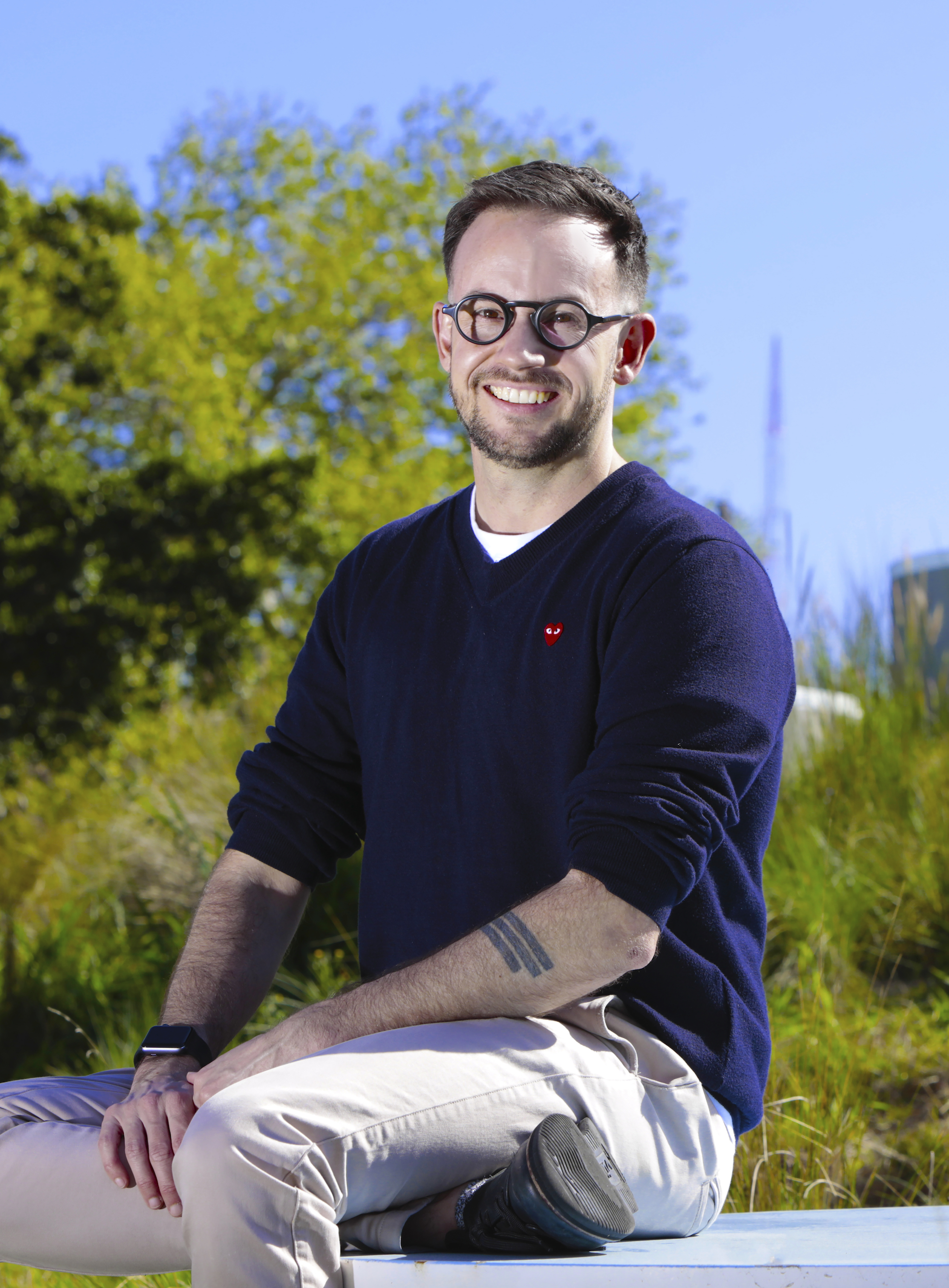
To be honest, I’m not super comfortable being in the spotlight, so I find the idea of being a role model for other trans people a bit daunting. But I very much appreciate the importance of visibility and hope that by simply being open about my trans history in my day to day life that I can help build a more understanding and inclusive culture, particularly within the healthcare system.
I was fortunate to make three great friends while volunteering at the Freedom Centre in Perth, who I would also say were trans role models to me. They helped me see gender as a beautiful spectrum and were fierce advocates for trans health and rights. Their continued courage and successes in helping ignite significant legal and health reforms inspires me.
I feel like the biggest barrier to my dating life is study! I’m basically married to my textbooks. But in all seriousness, while being trans certainly makes dating unique at times, I’ve had very positive experiences overall. I’m mindful that this isn’t the case for all trans and gender diverse folk, though, and am also cognisant that being white and tertiary educated affords me significant privilege in gay dating culture.
There is no right or wrong way to express who you are. You deserve to be loved and respected without condition. If you feel alone, know that you will not feel this way forever. Seek out people who will embrace and accept you – there are many wonderful kind-hearted people, trans and cis, who will do just that.
We are all ultimately striving for the same fundamental goals of self-determination, acceptance and autonomy over our bodies. Try to find the common ground in these goals and remember that we are in fact strengthened by our collective diversity, not weakened by it.




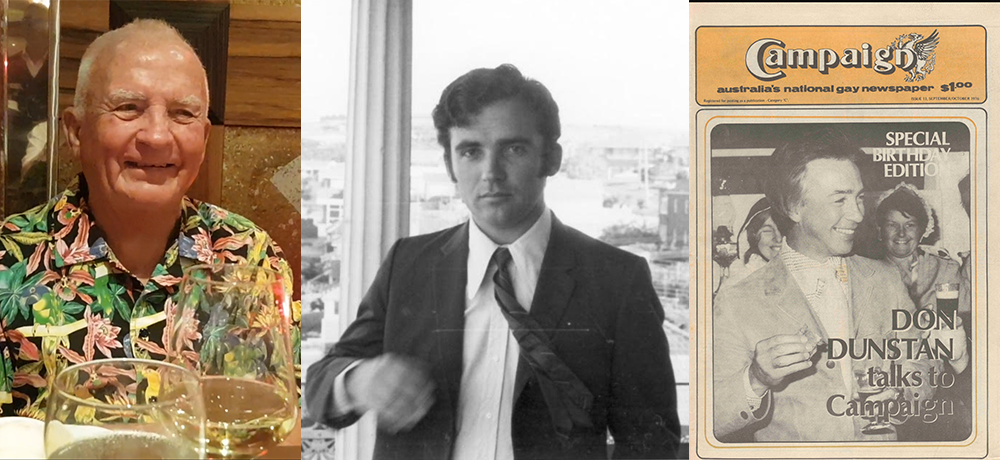
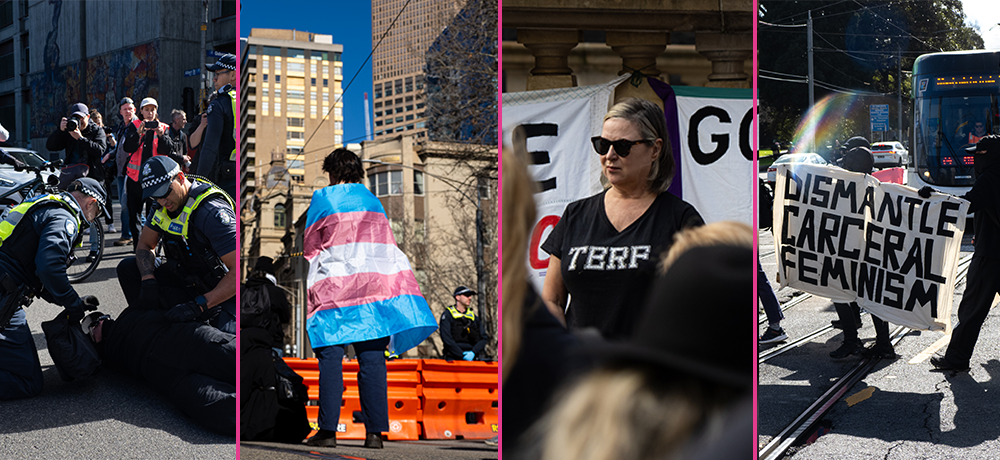
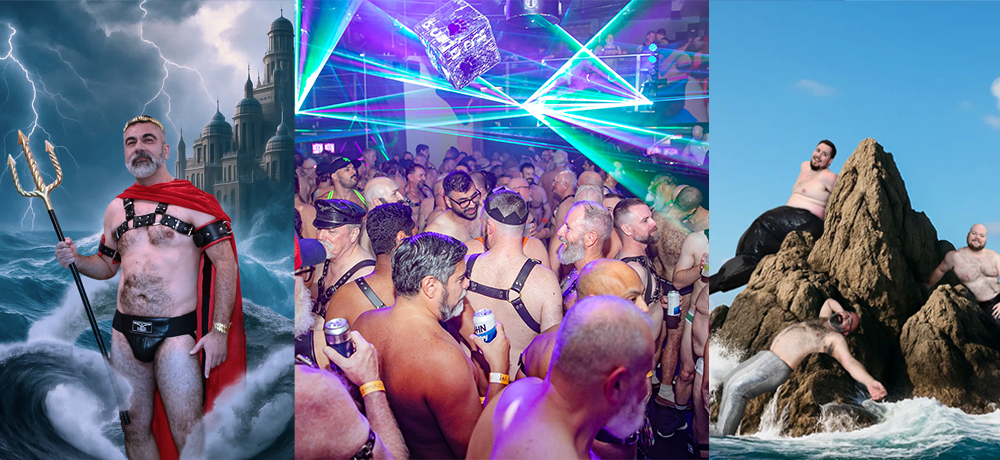
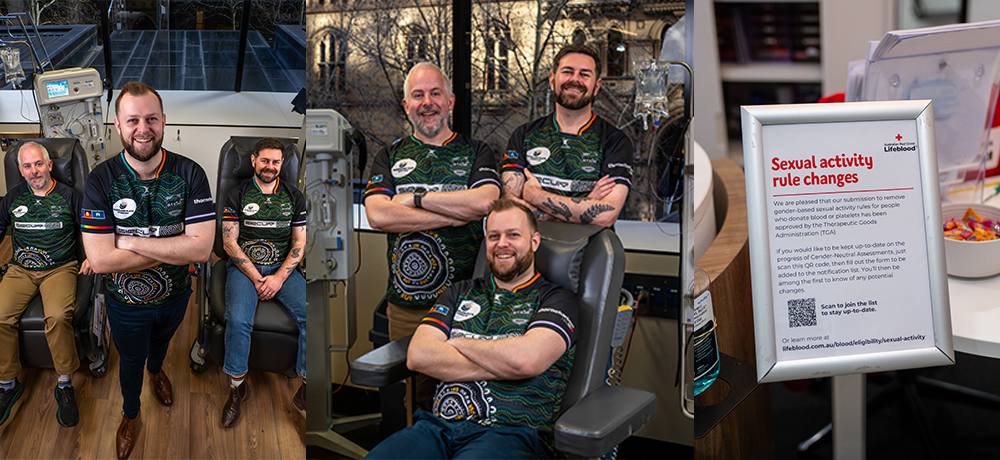
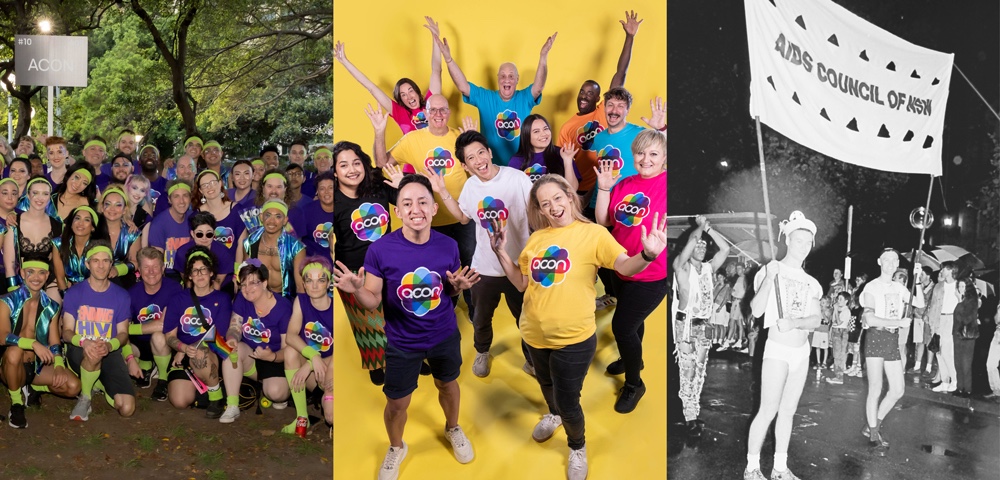
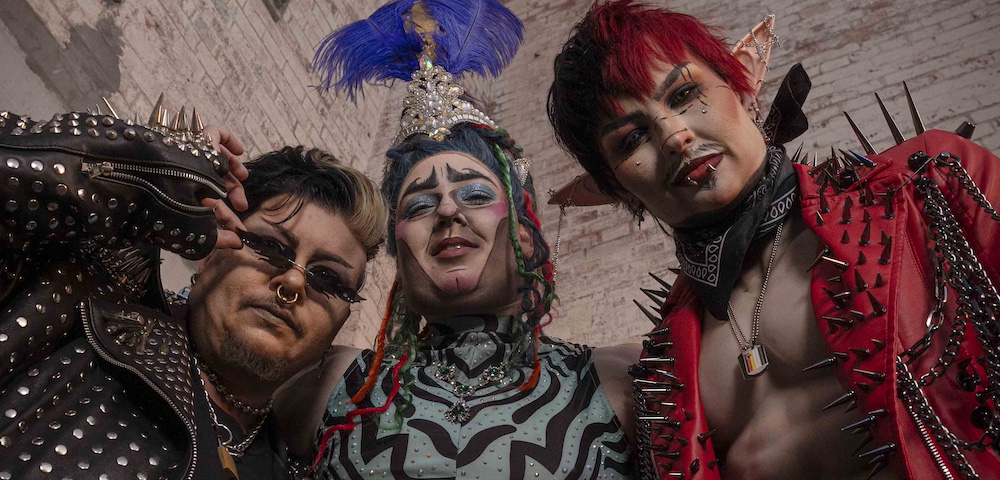
I’d love to know more about the trans and non-binary doctors’ meet-up – god knows being queer in medicine isn’t easy.